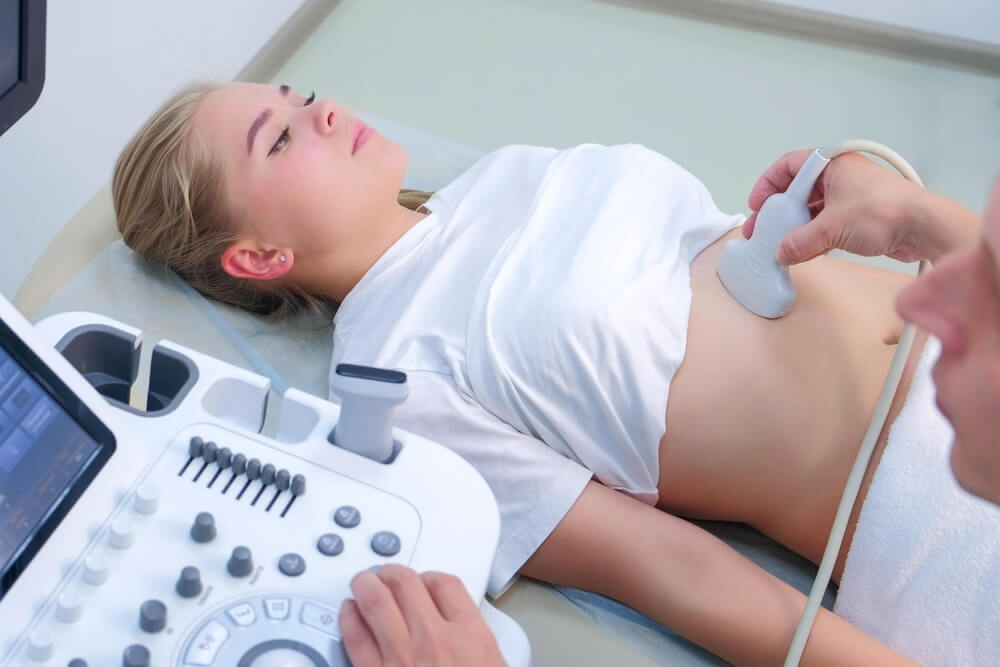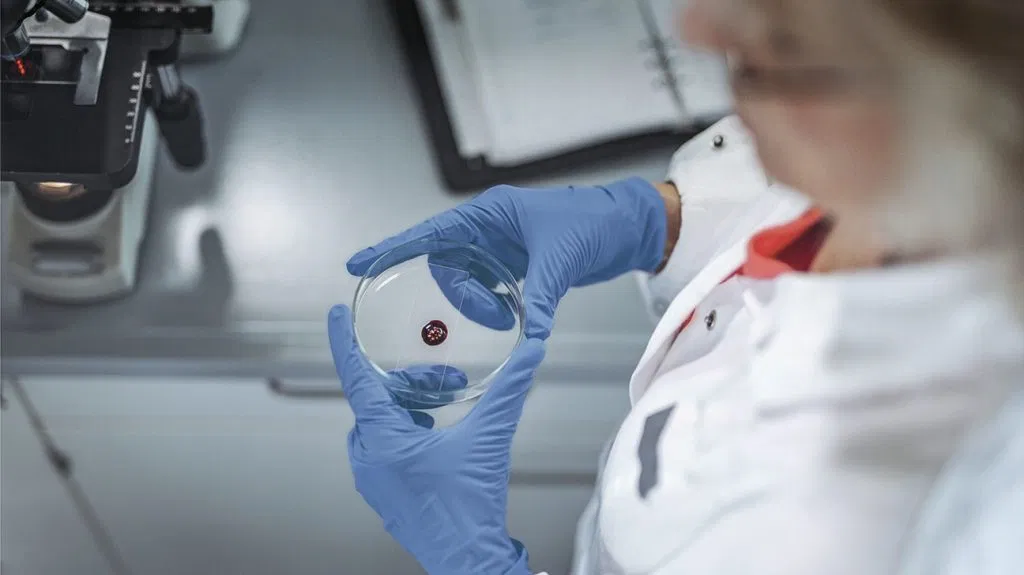A liver ultrasound is a non-invasive diagnostic test that uses high-frequency sound waves to create images of the liver. It is a valuable tool for diagnosing liver disease, and it is often used to monitor the progression of liver disease and to assess the effectiveness of treatment. If you have been scheduled for a liver ultrasound, it is important to know how to prepare for the test. In this article, we will discuss tips and guidelines to help you prepare for a liver ultrasound.
Table of Contents
Understanding Liver Ultrasound
Before we delve into the tips for preparing for a liver ultrasound, it is essential to understand what a liver ultrasound is and why it is important. A liver ultrasound is a medical imaging test that uses sound waves to create images of the liver. The test is used to evaluate the liver’s size, texture, and overall condition.
Why a Liver Ultrasound is Necessary?
A liver ultrasound is an essential tool for diagnosing liver disease. The test can identify liver abnormalities, such as cysts, tumors, and abscesses. Additionally, a liver ultrasound can help detect liver damage caused by conditions such as cirrhosis, hepatitis, and fatty liver disease.
Preparing for a Liver Ultrasound
Preparing for a liver ultrasound is simple, and there are only a few steps you need to take before the test. Follow these tips to prepare for your liver ultrasound:
Follow Fasting Guidelines
To prepare for a liver ultrasound, you must follow fasting guidelines. You should not eat or drink anything for six to eight hours before the test. Fasting helps ensure that your liver is empty and that there is no gas in the intestines, which can interfere with the test’s accuracy.
Wear Comfortable Clothing
When preparing for a liver ultrasound, it is essential to wear comfortable clothing that is easy to remove. You will be asked to change into a hospital gown for the test. Wearing comfortable clothing can help make the process more comfortable.
Avoid Heavy Exercise
It is important to avoid heavy exercise or physical activity for at least 24 hours before the liver ultrasound. Exercise can affect blood flow and increase liver size, which can make it difficult to obtain clear images.
Inform Your Doctor of Any Medications You Take
Before the liver ultrasound, inform your doctor of any medications you take. Certain medications, such as blood thinners, can interfere with the test’s accuracy. Your doctor may ask you to stop taking the medication temporarily before the test.
Plan for a Companion
Although a liver ultrasound is a non-invasive test, you may feel uncomfortable or anxious during the procedure. It may be helpful to bring a companion with you to the test to provide emotional support.
During the Liver Ultrasound
During the liver ultrasound, you will lie on a table, and a technician will apply a warm, water-based gel to your abdomen. The gel helps the sound waves travel more effectively and ensures that there is good contact between the ultrasound probe and your skin. The technician will then move the ultrasound probe over your abdomen to obtain images of your liver.
After the Liver Ultrasound
After the liver ultrasound, you can resume your normal activities immediately. There are no side effects or recovery time associated with the test. Your doctor will review the images and discuss the results with you at your next appointment.
Conclusion
A liver ultrasound is a valuable tool for diagnosing liver disease, and it is important to know how to prepare for the test. Follow these tips and guidelines to prepare for your liver ultrasound, and remember to inform your doctor of any medications you take. A liver ultrasound is a simple, non-invasive test that can provide essential information about the health of your liver.



